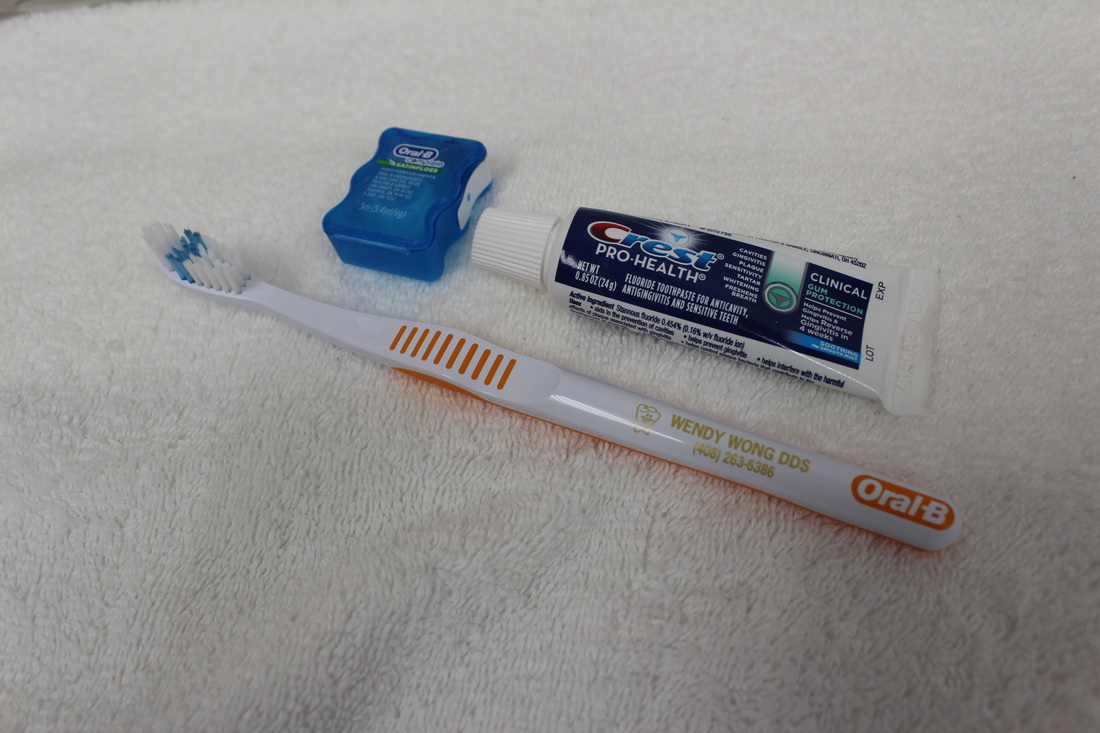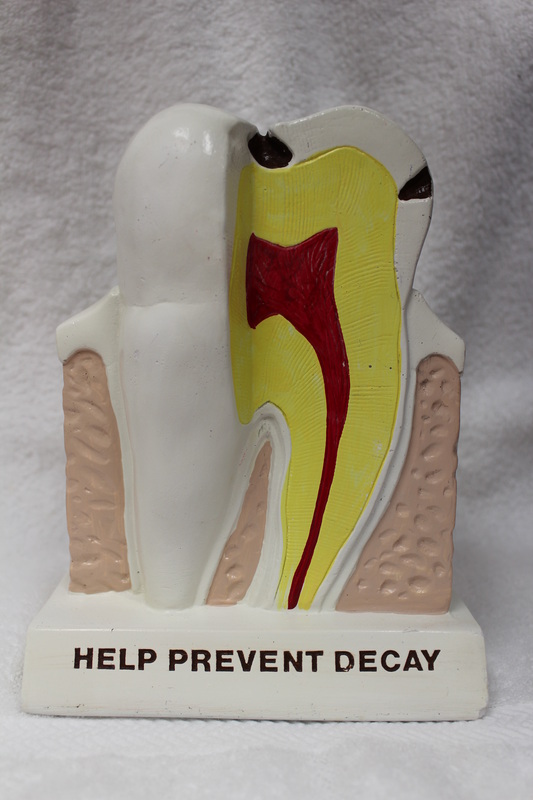Preventive Care
|
Brush your teeth twice a day with a fluoride toothpaste. With thorough brushing, you can remove plaque from the inner, outer and chewing surface of each tooth.
Clean between teeth at least once a day with dental floss to remove plaque and debris from areas your toothbrush can’t reach. Eat a balanced diet for good general health and limit snacks. Visit your dentist regularly. Professional cleanings are the only way to remove tartar, which traps bacteria along the gum line. |
Periodontal Diseases
|
Unlike tooth decay, which often causes discomfort, it is possible to have periodontal diseases without noticeable symptoms. That is why regular dental checkups and periodontal examinations are very important.
Researchers have found that people with periodontal disease are almost twice as likely to suffer from coronary artery disease as those without periodontal disease. Several warning signs can signal a problem. *Gums that bleed easily *Red, swollen, or tender gums *Gums that have pulled away from your teeth *Persistent bad Breath *Pus between the teeth and gums *Loose or separating teeth *A change in the way your teeth fit together when you bite *A change in the fit of partial dentures |
Orthodontic Treatment - Braces
Crooked and crowded teeth are hard to clean and maintain. Such problems can contribute to tooth decay, gum disease and tooth loss. A bad bite can also cause abnormal wear of tooth surface.
Orthodontic treatment to correct a problem may prevent the additional dental care required to treat the more serious problems that can develop in later years.
Orthodontic treatment to correct a problem may prevent the additional dental care required to treat the more serious problems that can develop in later years.
Wisdom Teeth
Most people start getting their third molars (wisdom teeth) when they reach their late teens or early twenties. Impacted wisdom teeth can result in swelling, pain and infection of the gum tissue surrounding the wisdom teeth. In addition, impacted wisdom teeth can cause permanent damage to nearby teeth. With the help of regular x-rays of the mouth the dentist can frequently predict if the wisdom teeth are going to cause trouble, either in the near future or later in life. If so, the dentist will recommend their removal rather than wait for trouble to occur.


